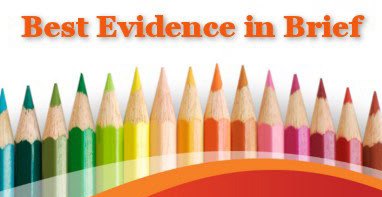Technology-rich learning environments (TREs) integrate new technologies and media to enhance information resources and tools, such as intelligent tutoring systems, virtual reality, and educational learning games. A meta-analysis conducted by Cai and colleagues examined the impact of feedback on academic performance within TREs. The included studies required both an experimental group and a control group, with the experimental group receiving one type of feedback while the control group either received no feedback or a different type of feedback. The analysis encompassed 182 effect sizes from 61 studies, with the majority published between 2010 and 2021. In comparison to the no feedback condition, the feedback group had a medium positive effect (+0.44) on academic performance. The type of feedback served as a significant moderator, with elaborate feedback having a stronger effect than feedback solely indicating if answers were correct. Specifically, the most effective feedback was explanation feedback (+0.69), which detailed why responses were right or wrong, followed by metacognitive feedback (+0.52), which related to the process of monitoring and regulating learning, followed by prompt feedback (+0.39), which provided information such as examples, tips, or demonstrations..
Given the rapid development of technology in education, this meta-analysis provides a timely update on feedback within this research area.

